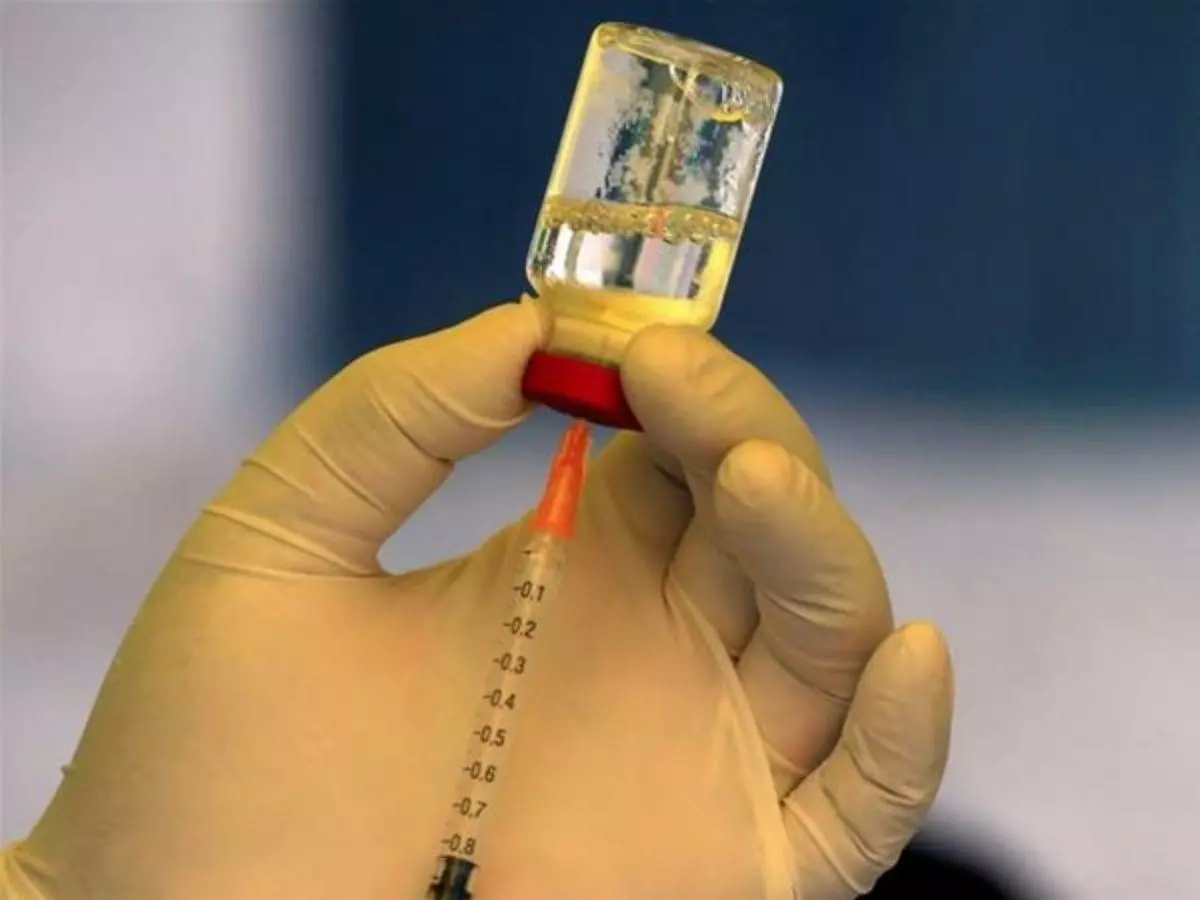COVID-19 Vaccine Funded By Bill Gates Enters Human Testing, But It Won't Arrive Soon
Backed by Bill and Melinda Gates Foundation, along with several other nonprofits, the vaccine is called INO-4800 and its a DNA vaccine, which works by injecting an engineered plasmid in a patient¡¯s body to help the body create its own antibodies to ward of a particular infection (in this case, COVID-19).

With COVID-19 pandemic taking over the world, we¡¯re all desperately waiting for a solution to end the havoc that¡¯s caused by the novel coronavirus.
Researchers across the globe are striving hard every day to crack the COVID-19 code, and now, a second potential vaccine has undergone human trials, after receiving clearance from the Food and Drug Administration.
 Reuters
Reuters
Backed by Bill and Melinda Gates Foundation, along with several other nonprofits, the vaccine is called INO-4800 and its a DNA vaccine, which works by injecting an engineered plasmid in a patient¡¯s body to help the body create its own antibodies to ward of a particular infection (in this case, COVID-19).
Surprisingly, DNA vaccines are usually seen in a variety of animal infections and are commonly used in veterinary medicine, and has not yet been approved for human testing, until now.
This isn¡¯t Invio¡¯s first rodeo. They¡¯ve completed Phase- I study for a DNA vaccine candidate for coronavirus MERS or Middle East Respiratory Syndrome, where it showed a surprising spike in the level of antibodies produced in its subjects that actually stayed in the body for a long time.
Invio has already developed thousands of doses for its Phase I and Phase II studies. Moreover, if everything goes well, they¡¯ll be able to deliver up to one million doses of the vaccine ready by the end of the year -- for emergency use or for use in additional trials. This is the second vaccine to have gone for clinical testing. The first vaccine was developed by Moderna, which underwent trials in March.
 Reuters
Reuters
For the study of Inovio's vaccine, the company is enrolling 40 healthy adult participants in Philadelphia at the University of Pennsylvania's medical school and the Center for Pharmaceutical Research in Kansas City, Missouri.
Each volunteer will receive two doses, four weeks apart. Inovio expects quick enrollment in the study and safety results by late summer. If everything goes well, the company will quickly start another study focused on assessing the vaccine's effectiveness against the virus.
It goes without saying that even though it's going under trial now, doesn¡¯t mean we¡¯ll have a vaccine ready in a month or two. The process will still take at least a year or a year and a half. Hopefully, it doesn¡¯t take longer than that.
